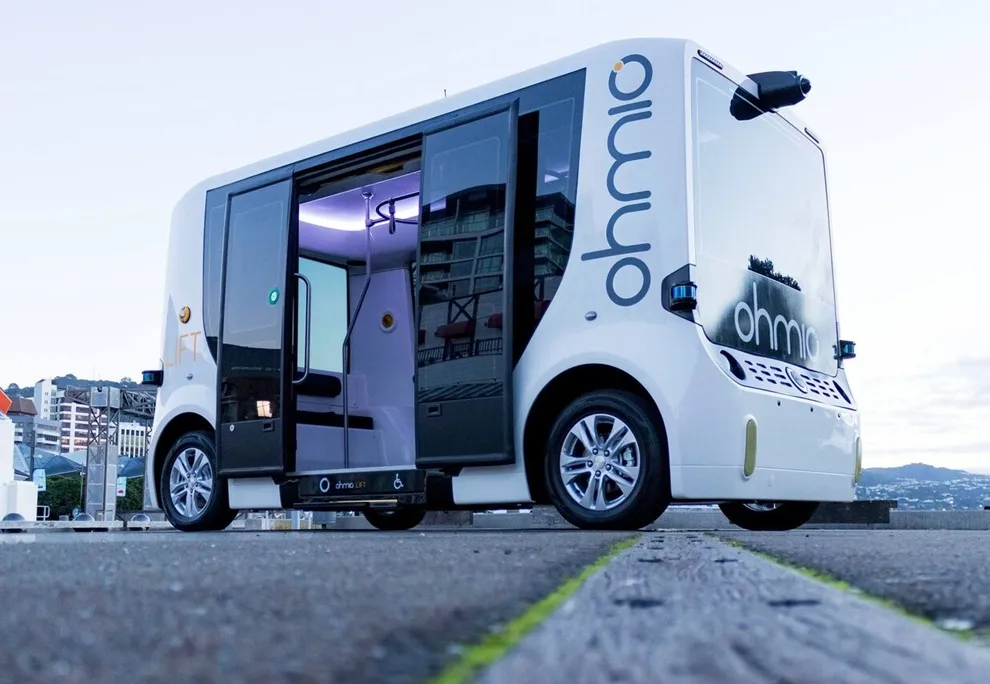The operation of the UK’s innovITS-ADVANCE facility, dedicated to the testing and demonstration of cooperative vehicle infrastructure systems, has been transferred to automotive design and development organisation MIRA. The transition is being made to provide the most sustainable future for this important ITS resource and assure its continuing success. In the five years since its inception, innovITS-ADVANCE has delivered a world class facility that is purpose-built for testing telematics systems. The comb
April 12, 2013
Read time: 2 mins
The operation of the UK’s 67 innovITS-ADVANCE facility, dedicated to the testing and demonstration of cooperative vehicle infrastructure systems, has been transferred to automotive design and development organisation 4310 Mira. The transition is being made to provide the most sustainable future for this important ITS resource and assure its continuing success.
In the five years since its inception, innovITS-ADVANCE has delivered a world class facility that is purpose-built for testing telematics systems. The combined efforts of innovITS and its collaborators MIRA and TRL have delivered a vision that has been declared a valuable and necessary resource for developing the next generation of telematics systems for use on our roads. Now firmly established, the sale to MIRA of the assets and business of innovITS ADVANCE will provide a future in which the facility can grow and evolve to remain a national resource for the development, validation and demonstration of technologies for interconnecting vehicles, highways and telecommunications.
Commenting on the announcement of the new phase of operation, innovITS CEO Phil Pettitt said: “We were the right organisation to create this facility and bring it into operation but now it is best for its continuing success to hand on the baton to MIRA who can nurture and grow its potential into the future.”
MIRA’s CEO George Gillespie commented “MIRA has been heavily involved in the creation of ADVANCE over the past 5 years and we are pleased to have the opportunity now to take the facility forward as part of our comprehensive portfolio of vehicle engineering and testing facilities. ADVANCE is a unique facility that addresses the development and validation needs of the emerging Intelligent Mobility technologies and strengthens the UK’s position in this important sector. MIRA will continue to work with TRL in an on-going collaboration to maximise the potential of ADVANCE.”
In the five years since its inception, innovITS-ADVANCE has delivered a world class facility that is purpose-built for testing telematics systems. The combined efforts of innovITS and its collaborators MIRA and TRL have delivered a vision that has been declared a valuable and necessary resource for developing the next generation of telematics systems for use on our roads. Now firmly established, the sale to MIRA of the assets and business of innovITS ADVANCE will provide a future in which the facility can grow and evolve to remain a national resource for the development, validation and demonstration of technologies for interconnecting vehicles, highways and telecommunications.
Commenting on the announcement of the new phase of operation, innovITS CEO Phil Pettitt said: “We were the right organisation to create this facility and bring it into operation but now it is best for its continuing success to hand on the baton to MIRA who can nurture and grow its potential into the future.”
MIRA’s CEO George Gillespie commented “MIRA has been heavily involved in the creation of ADVANCE over the past 5 years and we are pleased to have the opportunity now to take the facility forward as part of our comprehensive portfolio of vehicle engineering and testing facilities. ADVANCE is a unique facility that addresses the development and validation needs of the emerging Intelligent Mobility technologies and strengthens the UK’s position in this important sector. MIRA will continue to work with TRL in an on-going collaboration to maximise the potential of ADVANCE.”









